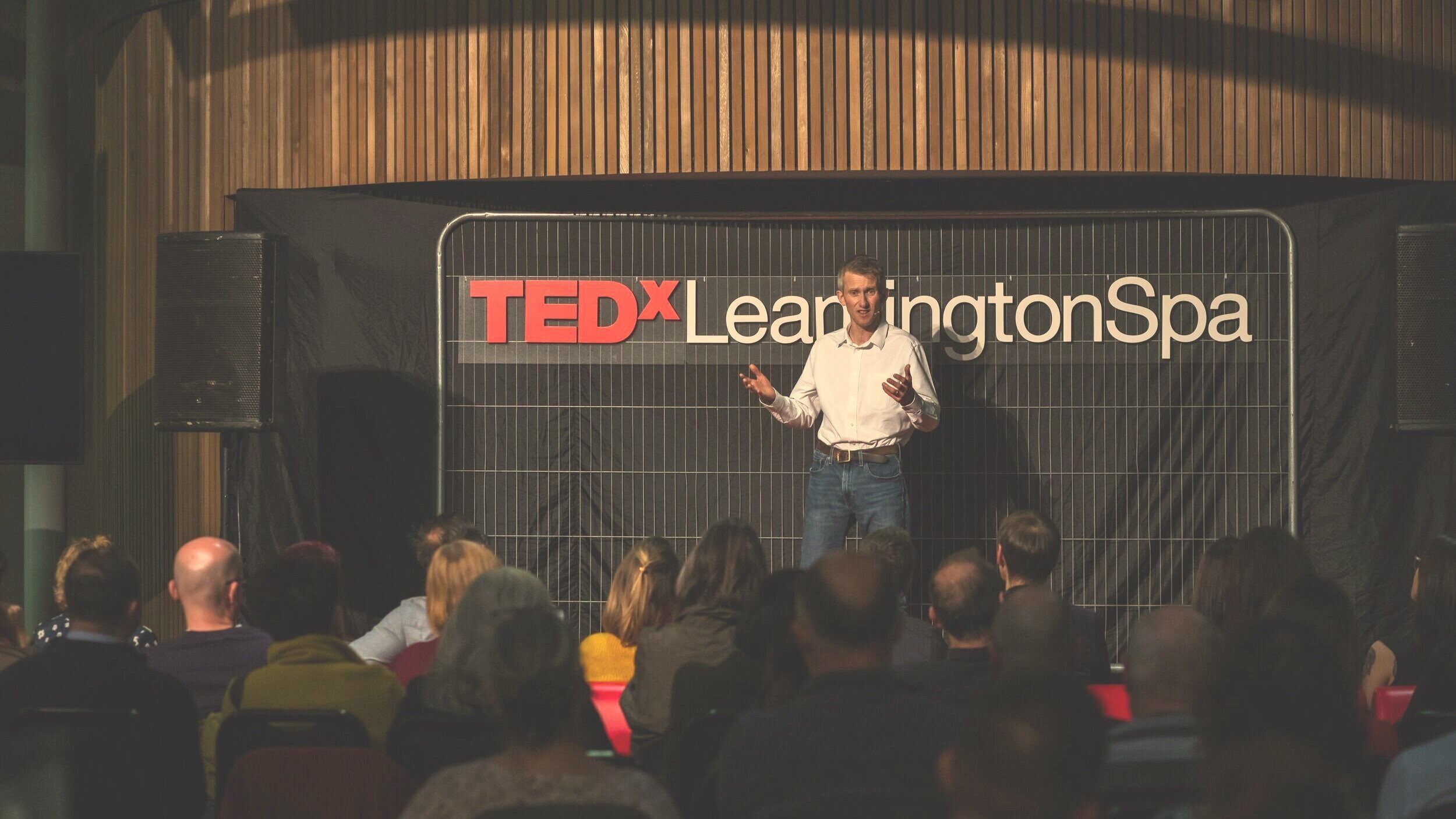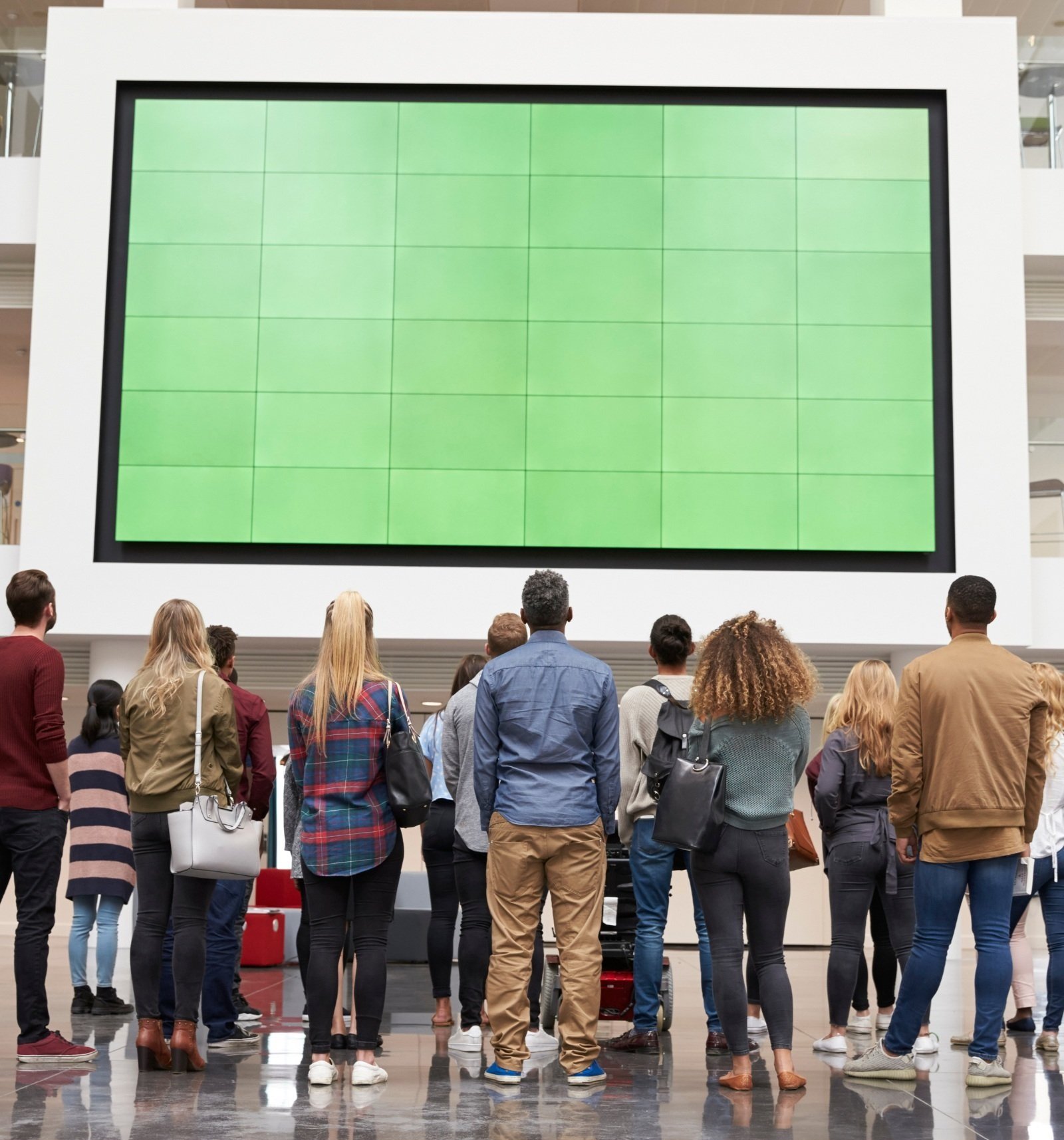
Men’s Mental Health

How to Build Inclusive Communities
Over 3 million people in the UK are chronically lonely.
8 million people are prescribed anti-depressants every year in the UK.
1/3 of UK employees say they wouldn’t feel comfortable talking to their employer about their mental health/stress.
When time is pressing, resources are stretched and people are working under increased pressure, creating a healthy working environment, where people feel comfortable in reaching out for support, and where men/women/people stand shoulder to shoulder in addressing the challenges they face, is easier said than done.
But given the next 10 years are likely to be no less turbulent than the last 10 years (in terms of geo-political issues, climate change and the pace of modern life at least) it’s vital that we know how to build inclusive communities, so that truly people can deliver on their aspirations and responsibilities, whilst safeguarding their wellbeing.
Without inclusive and active communities, issues such as absenteeism, presenteeism, burnout, low morale and a high turnover staff are likely to characterise our organisations, so the question remains:
In a fast-paced and constantly changing working environment, how do you build inclusive communities?
In this talk, we will explore:
The role of cliques in preventing communities: what cliques are, how they form, why they’re difficult to spot and how to prevent cliques from forming.
Allyship: What is it? Why does it matter and how do you deliver on it?
Stereotypes, tabloid thinking and Labels: why they shut down curiosity and limit critical thinking … and how to tackle them.
Why community matters in safeguarding our personal and team wellbeing.
The loneliness cycle and imposter syndrome: why they prevent community involvement and how to deal with them.
Psychological safety: what it is, why it matters and how to deliver on it.